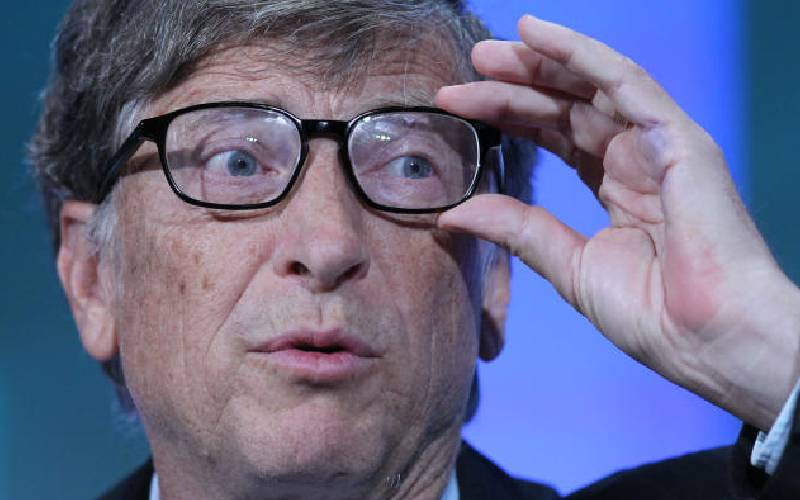
Throughout my career, I've been lucky to give two commencement speeches: one to Harvard-the alma mater I never graduated from-in 2007, and another to Stanford in 2014. Today, I delivered my third to the forestry and engineering graduates of Northern Arizona University.
The class of 2023 is no ordinary group of graduates. Before most of them completed their first year of college, a once-in-a-generation pandemic came along and changed life-and learning-as we knew it. It took resilience, grit, and a whole lot of ingenuity for them to cross this finish line. So I was excited to congratulate them before they begin the next stages of their lives, and share some wisdom I've picked up in the decades since I left my own college campus.